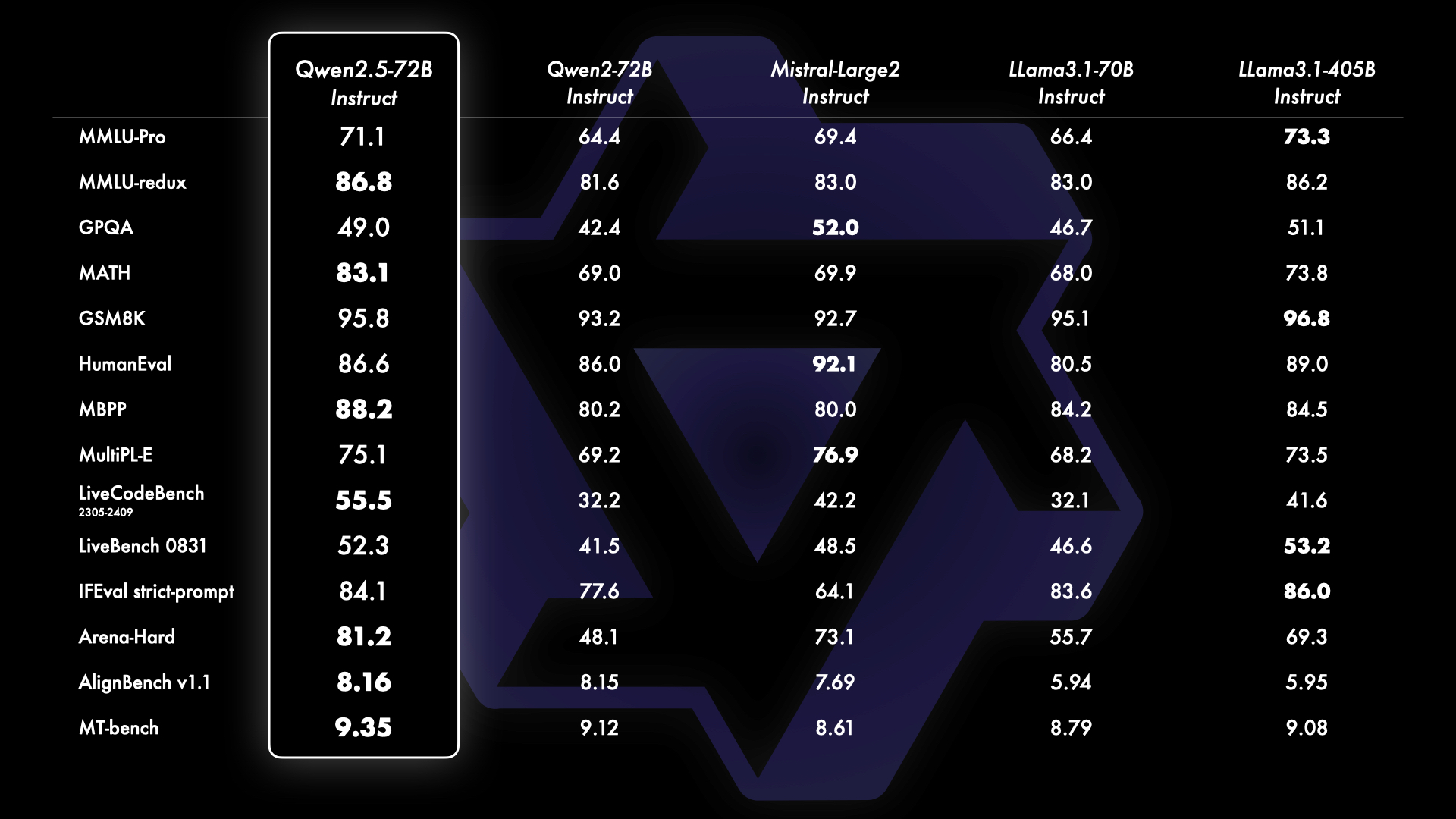In recent months, privacy-focused cryptocurrencies have seen an unexpected resurgence — and the reason might be as futuristic as it is alarming: quantum computing. As researchers inch closer to unlocking the capabilities of quantum machines, the implications for blockchain technology, especially its cryptographic backbone, are becoming increasingly urgent. Investors and developers alike are responding — and the result is a surge in the value and attention given to privacy altcoins like Monero (XMR), Zcash (ZEC), and Secret (SCRT).
Quantum vs. Crypto: A New Arms Race
Most modern blockchains, including Bitcoin and Ethereum, rely on encryption methods like elliptic curve cryptography (ECC) and SHA-256. These are robust by today’s standards, but quantum computers could eventually render them obsolete, thanks to algorithms like Shor’s, which are capable of breaking these protections exponentially faster than classical systems.
The looming threat is not hypothetical anymore. Tech giants like Google, IBM, and several startups are making measurable progress toward scalable quantum computing. Even governments — including the U.S., China, and members of the EU — have launched billion-dollar quantum initiatives. The UK’s recent £500M investment into quantum technologies is one of many signs that post-quantum readiness is now a national security concern.
Why Privacy Coins Are Gaining Ground
Privacy altcoins, in contrast to mainstream cryptocurrencies, often employ advanced cryptographic techniques like zero-knowledge proofs, ring signatures, and stealth addresses. These methods offer enhanced privacy and, in some cases, post-quantum resistance or modular upgradeability toward such resistance.
Monero, for example, has surged as the poster child of anti-surveillance finance. While not inherently quantum-resistant, its community has openly discussed cryptographic agility — the ability to adapt its protocols quickly should threats materialize. Meanwhile, other coins like Firo and QANplatform are building or have already integrated quantum-resistant algorithms into their core infrastructure.
As a result, investor interest has skyrocketed. According to data from CoinGecko and Bitcoinist, Monero has jumped over 30% in recent weeks. Zcash, despite controversy over its foundation and roadmap, has also seen double-digit gains. The growing narrative is clear: Privacy is becoming synonymous with security in the quantum era.
Institutional Eyes on Quantum Threats
While retail investors drive much of the momentum behind altcoins, institutional awareness is quietly rising. Several hedge funds and venture capital firms are diversifying into privacy coins — not just for speculative upside, but as hedges against systemic risk. The idea is simple: if quantum breakthroughs arrive suddenly, the privacy coin segment could be among the least vulnerable and most resilient in the cryptosphere.
Startups like Quantstamp, QANplatform, and Chainway are also entering the scene, offering solutions and audits for quantum resistance. Even Algorand, often associated with ESG tokenization, claims its protocol is “quantum secure” thanks to its use of the Pure Proof-of-Stake consensus and cryptographic agility.
What’s Next for Privacy Coins in a Quantum World?
Despite their recent gains, privacy coins still face challenges: regulatory scrutiny, limited exchange listings, and ongoing debates about illegal usage. But their core value proposition — offering financial freedom in a world of increasing surveillance — is now intersecting with the technological frontier.
The quantum threat may not fully arrive for another 5 to 10 years. But the smart money is preparing now. The fusion of quantum awareness and privacy innovation could define the next era of crypto — one where resilience isn’t just about price volatility, but about survivability in the face of cryptographic extinction.




